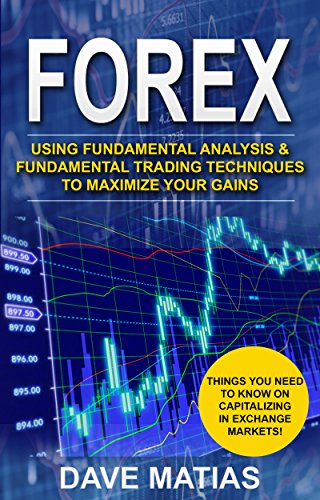In the high-stakes world of foreign exchange (Forex), the actions of large institutions can send ripples through the markets, leaving individual traders in their wake. Banks, hedge funds, and other financial behemoths command immense capital and control a dominant share of trading volume. Understanding their strategies and behaviors can empower traders of all levels to navigate the Forex landscape more effectively.

Image: www.amazon.co.jp
Delving into Institutional Dynamics
Large institutions primarily trade Forex for risk management, profit generation, and liquidity management. Their vast resources and expert teams enable them to execute complex trading strategies that exploit market inefficiencies. For instance, banks use Forex trading to facilitate international transactions, while hedge funds employ sophisticated algorithms for short-term profit extraction.
Moreover, institutions heavily engage in interbank trading, forming a closed loop that influences market pricing and trends. They set indicative quotes and participate in over-the-counter (OTC) trading, where massive orders are exchanged directly between institutions. As such, institutional activity can significantly impact market depth, volatility, and trading outcomes.
Market Movers: Strategies Unleashed
Institutions adopt a wide range of trading strategies, tailored to their specific risk tolerance and investment objectives. Here are some common approaches:
- High-Frequency Trading (HFT): Employing lightning-fast algorithms, institutions engage in multiple trades within seconds, capitalizing on fractions of a pip movement.
- Trend Following: Large institutions often ride the waves of market momentum, entering and exiting positions based on moving averages or technical indicators.
- Carry Trade: This involves borrowing currencies with low interest rates and investing in those with higher rates, profiting from the interest rate differential.
- Hedging: Institutions use Forex trading to mitigate risks associated with other investments, such as international business operations or exposure to currency volatility.
The Impact Factor: Assessing Market Influence
Institutional trading has a profound impact on the Forex market. Their sheer volume of trading can drive market liquidity, reducing bid-ask spreads and enabling smoother executions. Additionally, their order flow can affect currency pairs, influencing exchange rates and potentially creating opportunities for astute traders.
Since institutions are rational actors pursuing profit maximization, their buying and selling decisions often follow predictable patterns. Analyzing institutional activity through newsfeeds, trading reports, and sentiment indicators can provide clues to market direction and potential entry and exit points.

Image: bookauthority.org
Embracing the Power: Riding the Institutional Wave
While individual traders may not match the capital or resources of large institutions, understanding their behavior can enhance overall trading strategies. Here are some tips:
- Monitor Institutional News and Sentiment: Keep a close eye on announcements, reports, and market analysis from major financial institutions to gauge their sentiment and anticipated market moves.
- Identify Correlation: Analyze the correlation between institutional trading activity and currency pair movements. Exploring historical data and employing technical analysis can uncover potential relationships for exploiting trading opportunities.
- Leverage Market Depth: Utilize tools like order books and depth charts to assess institutional order flow and determine the strength of support and resistance levels.
How The Large Institutions Operate In The Forex Market Book
Navigating the Institutional Advantage
In the highly dynamic Forex landscape, large institutions will always play a pivotal role. However, by studying their behavior, understanding their strategies, and monitoring their impact, traders can turn institutional power into their own advantage. Through meticulous preparation and diligent analysis, individual traders can navigate the Forex market with greater confidence, reaping the benefits of institutional insights and market dynamics.






